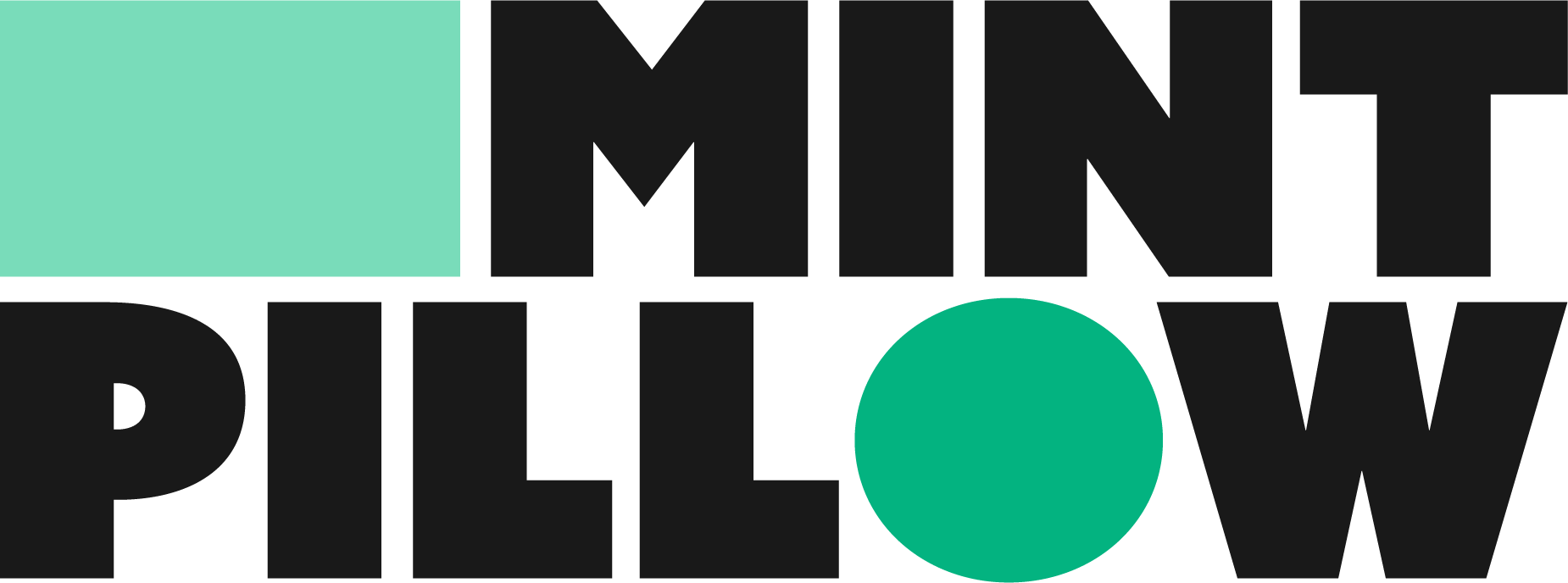Uncovering hotelier blind spots
Known as the “MJ of the Hotel Industry,” Bruce Jordan has a knack for hitting game-winning shots in revenue management.

Known as the “MJ of the Hotel Industry,” Bruce Jordan has a knack for hitting game-winning shots in revenue management. From rescuing a 400-room independent hotel from bankruptcy to training properties on front desk sales, digital marketing and guest satisfaction, Jordan, managing partner at Hotel Guest Management, delivers measurable results where it counts. Here, he shares blind spots hoteliers need to be aware of and how hotels can take care of their digital image, all the way to the bottom line.
—Interview by Jennifer Glatt, edited by Lesley McKenzie
When you first evaluate a boutique or independent hotel, what revenue “blind spots” do you most often uncover that owners aren’t aware of?
The primary revenue blind spots I often uncover are significant listing issues, such as on Google, OTAs and TripAdvisor. Most boutique hotels are so focused on their physical presence that they overlook their digital one. Most guests will encounter you online before they walk through the front door and many hotels experience substantial losses without realizing it because they never conduct proper audits. The average hotel maintains a minimum of 20 to 30 listings and typically monitors only two or three—primarily to respond to reviews. This does not include social media and other platforms. Boutique hotels must learn to take control of their image, because how everyone perceives them digitally usually shapes their reputation as a guest’s destination.
You emphasize understanding the submarket and overflow—how can hoteliers practically identify and capitalize on those opportunities when planning budgets?
Hoteliers can capitalize on these opportunities in three steps:
- Track and monitor current and historical search volumes for your market and submarket. You can monitor search volume through Expedia, TripAdvisor and other third-party platforms. Your search volume will provide valuable insights and help you identify compression in the market.
- Track all events in your market and submarket. Reach out to event organizers and offer your hotel services for any overflow accommodation that may be needed. Run targeted advertisements using those event-related keywords to convert attendees into guests for your property.
- Bypass rate parity issues by using promo codes in your advertisements, which allows you to set rates lower than the OTAs without paying commission. When you set up promo codes through your booking engine and configure them properly, they typically will not be picked up by your channel manager.
What early warning signs tell you a property has a revenue problem versus an expense problem?
The number one indicator of revenue versus expense issues is percentage increases while the expense amount remains static. As a former operations controller, when I see unchanging expense amounts with substantial increases in expense percentages, it raises an immediate red flag. It indicates that revenue numbers are no longer supporting operational costs compared to the previous year.
How do you measure whether a new revenue strategy is truly delivering results, and how soon should owners expect to see impact?
With small corrections, owners will see results within 30 days or less. I once increased a hotel's revenue by $300,000 in one month with a correction that took less than five minutes to implement. Generally, however, a new revenue strategy will take three to six months to refine and perfect.
The first measurement tool should be a significant increase in conversions through your booking engine. I typically see a 20-30% increase in direct bookings. The second measurement tool will be a significant decrease in OTA and travel agency bookings and commissions. The third measurement tool will be your Google Analytics. Sophisticated guests take longer to research a property before making a reservation, so you will see an increase in the average page time on your website, as well.
For independents without the tech stack of big brands, what simple data points or tools are most valuable for building a revenue roadmap?
Most major tech stacks and SaaS software started small and gained popularity, increasing their tools and features as their customer base expanded. I would recommend looking for their competitors that are reasonably priced and may not have all the bells and whistles but can still accomplish the job. If you cannot afford a SynXis channel manager, consider alternatives like Roadrunner. You will always have options, even if they are not the premium choice. When it comes to revenue, the primary goal is to invest in programs that improve your workflow so you can make better decisions more quickly.
What’s one revenue-generating improvement boutique hotels can implement next year that requires little investment but pays off quickly?
The best system boutique hotels can invest in is a program that automates upgrades so they don’t have to rely on the front desk to sell them. Employees have feelings and emotions; if they are dealing with a personal issue or problem, they may not feel like selling upgrades that day. Most hotel losses originate from the front desk—failing to forfeit deposits on prepaid reservations, neglecting to charge cancellation or no-show fees or missing charges for other income. The best investment a hotel can make is in a system that automates or audits these processes.
Anything else you’d like to share?
The biggest asset and liability a hotel owner has is their employees. Never stop developing your staff. The top hotels do not necessarily have the best talent; they have the strongest training and development programs. I attend numerous conferences and rarely see hotel-level staff at technology conferences. The people who will use software to power a multimillion-dollar operation need to understand what solutions are available to them.
Thanks for reading today's edition! You can reach the newsletter team at newsletter@mintpillow.co. We enjoy hearing from you.
Interested in advertising? Email us at newslettersales@mvfglobal.com




